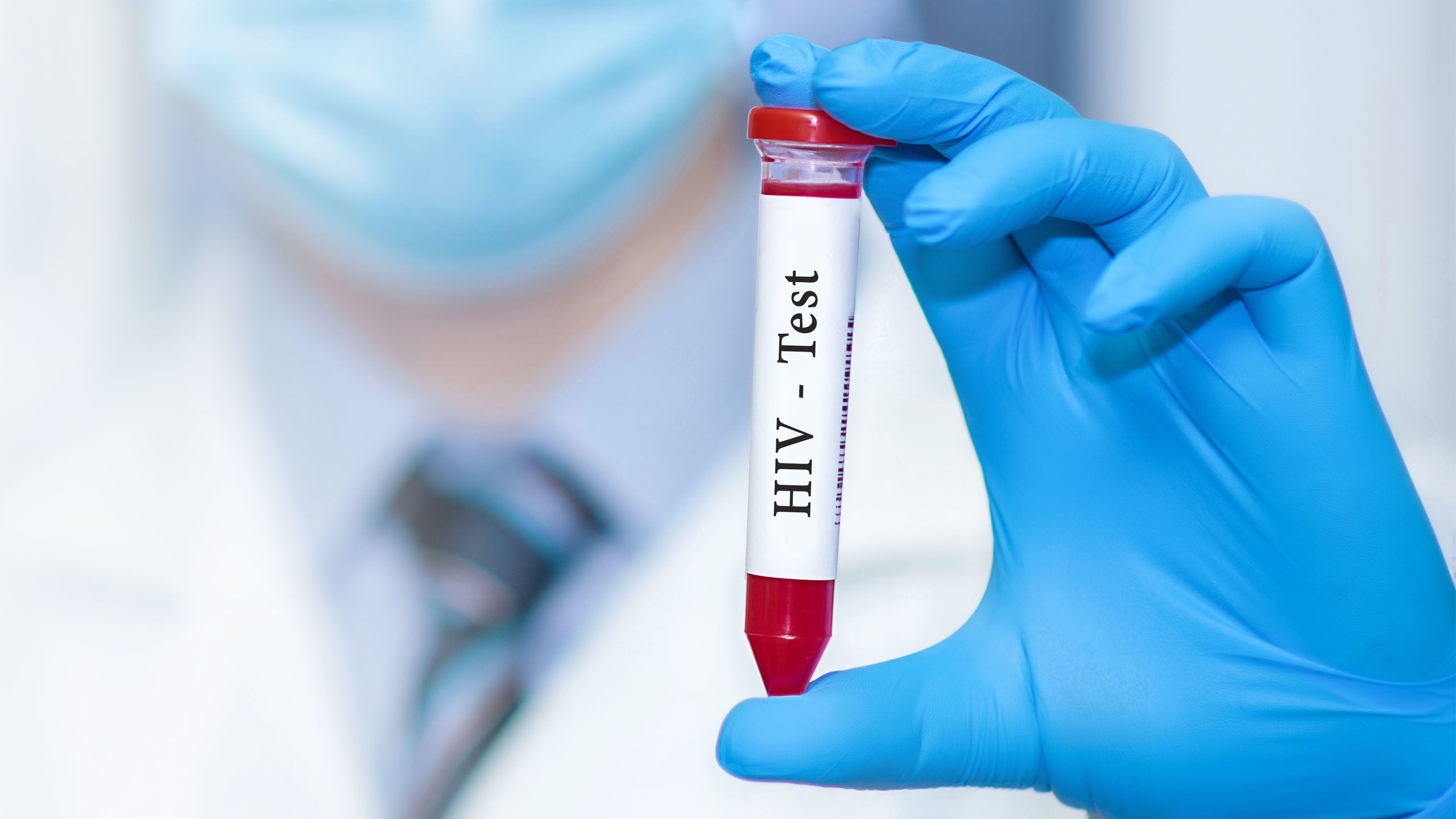Integrase strand transfer inhibitor resistance:
No need to panic

Incidences of INSTI resistance may be on the rise, but they are still vanishingly small, says the Ezintsha Research Centre’s Prof Francois Venter. In fact, our HIV response has never been better – and more good news is on the way.
Medical Academic (MA): To your knowledge, what is the extent of INSTI resistance in South Africa?
Prof Francois Venter (FV): It’s important to understand that we administer a lot of dolutegravir at the moment, which is the most commonly used INSTI locally. There are probably around 5 to 6 million people on dolutegravir in the country.Most of these were on efavirenz-based regimens before that. And yet only a tiny handful of people have developed dolutegravir resistance.
So dolutegravir resistance does exist, but it is still very unusual. Compared to non-nucleoside reverse transcriptase inhibitor (NNRTI) resistance the numbers are vanishingly small. Efavirenz, a commonly used NNRTI, which was replaced by dolutegravir in the updated 2020 guidelines, resulted in resistance in up to 10% of patients. So we’ve come a long way in those terms.
MA: Are clinicians encountering resistance patterns among other ARVs?
FV: So the short answer would be ‘Yes’. But in general it is still very unusual. Especially among patients who have been in treatment for a while, we have seen resistance to other ARVs. But that’s been the case for decades, and generally we have been able to get on top of it. There are always other drugs available that a patient can be switched to.
It’s not like the old days, 20 to 25 years ago, where any kind of resistance would be a complete catastrophe. Nowadays, it’s actually quite hard to find patients with resistance. So my attitude towards resistance is that, while it obviously isn't something one should ignore, it shouldn’t be causing panic either.
South Africa is very good at dealing with HIV, in general. We’ve had an enormous amount of experience coping with it over the years – much more than most countries. There are countries, some neighbouring us, that are far more constrained in their ability to respond. They don’t have viral load monitoring, or as many next-line drugs.

MA: Thank you. Has anyone identified risk factors for INSTI resistance yet?
FV: The risk factors are basically the same across the ARV spectrum. If you don’t take your meds, you get resistance. And the people skipping their tablets are often people who are going through stuff in their lives that makes it difficult to adhere to therapy.
I mean, I’m supposed to take tablets every day, but sometimes I forget. And it’s usually because I’m travelling or some other chaotic factor that life produces. Some people lose their jobs, or they drink too much, or their mental health suffers in various ways. It’s important to understand that we all go through times where our lives are more hectic, so it’s natural that adherence might be affected.
The drugs themselves have very few side effects nowadays, so that’s no longer a factor in therapeutic adherence. The main factor influencing adherence in South Africa, frankly, is social factors connected to living in our socioeconomic environment.
MA: In your opinion, is the public sector in SA equipped to deal with INSTI resistance?
FV: There is a slight problem in that, unless you’re testing constantly, resistance might not get picked up. Clinicians will simply get a report saying that viral load has increased, and this is not necessarily caused by resistance. Remember, less than a fraction of 1% of patients will develop resistance to dolutegravir, and the test to determine resistance is expensive.
Getting the cost of that test down is something that public health researchers like me should be treating with utmost seriousness. But for the average patient, doctor or caregiver, it must be noted that the incidences of resistance are extremely small compared to the benefits of treatment.
Everybody in the public health space should hang tight, not panic over resistance, and just be mindful that we have new drugs in the pipeline that will solve many of our current problems. We also have drug regimens prepared to catch the few that do develop resistance.
The long-acting injectables that are being released or in the pipeline are game-changers in the sense that they remove a lot of the adherence issues we continue to see. So that’s something to get really excited about.
Professor Francois Venter (MD, FCP, PhD) is the Executive Director of Ezintsha at the University of the Witwatersrand, Johannesburg. He has an active interest in public sector access to HIV and chronic care services. His work involves health systems research that directly translates into national programmes, most recently involving the antiretrovirals, dolutegravir, TAF, rilpivirine and cabotegravir, as well as COVID-19 antivirals.






